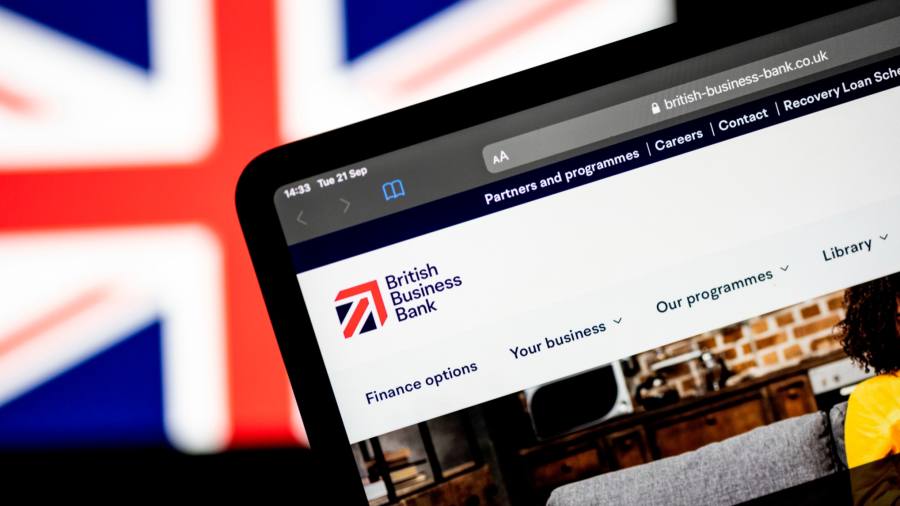
More than a quarter of UK companies that tapped taxpayer funds during the Covid-19 pandemic via a £1.14bn government-backed scheme could have raised similar finance by other means, according to an official report on Friday.
Evaluating the Future Fund’s performance, audit firm RSM also noted that about 36 per cent of shareholders said they would have invested in businesses that received capital even if then chancellor Rishi Sunak had not created the scheme.
The report’s findings signal how the pressure to ensure that companies could obtain funds in the early stages of the pandemic allowed some that may have not needed support most to benefit.
RSM noted that funding had been intended to “reach companies with growth prospects that would otherwise have had issues raising finance, or been underfunded”.
But the report — commissioned by the British Business Bank (BBB), which oversaw the distribution of capital — added that it had not been possible to design the scheme to exclude companies that would otherwise have secured funding “without impacting on speed of delivery and application complexity”.
Some 26% of businesses reported they definitely or probably would have raised similar equity finance elsewhere.
However, about 62 per cent said they “probably or definitely wouldn’t have been able to obtain similar finance from elsewhere”, while close to half of those that received funds said they “would have closed or been fairly likely to close” without them.
Alongside other separate business support schemes, Sunak set up the Future Fund to give start-ups and fast-growing companies access to funding in the early stages of the pandemic, when investors were reluctant to commit new money because of economic uncertainty.
The scheme, which supported 1,190 companies in all, offered loans of up to £5mn to be matched by private sector backers.
These loans converted into equity at the company’s next fundraising, meaning the British taxpayer already has stakes in hundreds of businesses from Bolton Wanderers football club to Killing Kittens, a sex party organiser.
According to RSM, whose study was based on findings from 629 interviews as well as surveys and econometric impact modelling, 85 per cent of companies used the money for research and development.
An assessment of the Future Fund’s value for money to the taxpayer and net economic benefit will be assessed only in future reports.
The report said the scheme, which ran from May 2020 until January 2021, had operated outside of the BBB’s “typical risk appetite and the programme’s expected value for money was highly uncertain”.
Darren Jones, Labour MP and chair of the House of Commons business committee, said the findings were evidence that Sunak “should not have been so relaxed about dishing out public funds” while chancellor.
“This frivolous approach to public spending, alongside the amount of fraud and dodgy procurement that took place, has burdened taxpayers with unnecessary amounts of debt.”
The government has yet to decide what to do with the portfolio in the longer term, which now contains a variety of loans and equity stakes in a wide range of businesses. Meanwhile, a number of companies that received support have failed, at a cost to the taxpayer.
The report acknowledged that the “biggest topic of ongoing debate was identifying how the government would be able to efficiently manage a significantly large portfolio of businesses to create value for the taxpayer”.
But it added that “stakeholders highlighted that the terms and criteria were designed in a competitive way to make it difficult to remove the government as a shareholder, post-conversion”.
Responding to the report, business secretary Grant Shapps said the government’s “focus now is to ensure we continue putting our arms around our best and brightest businesses, championing their needs so they are able to flourish”.